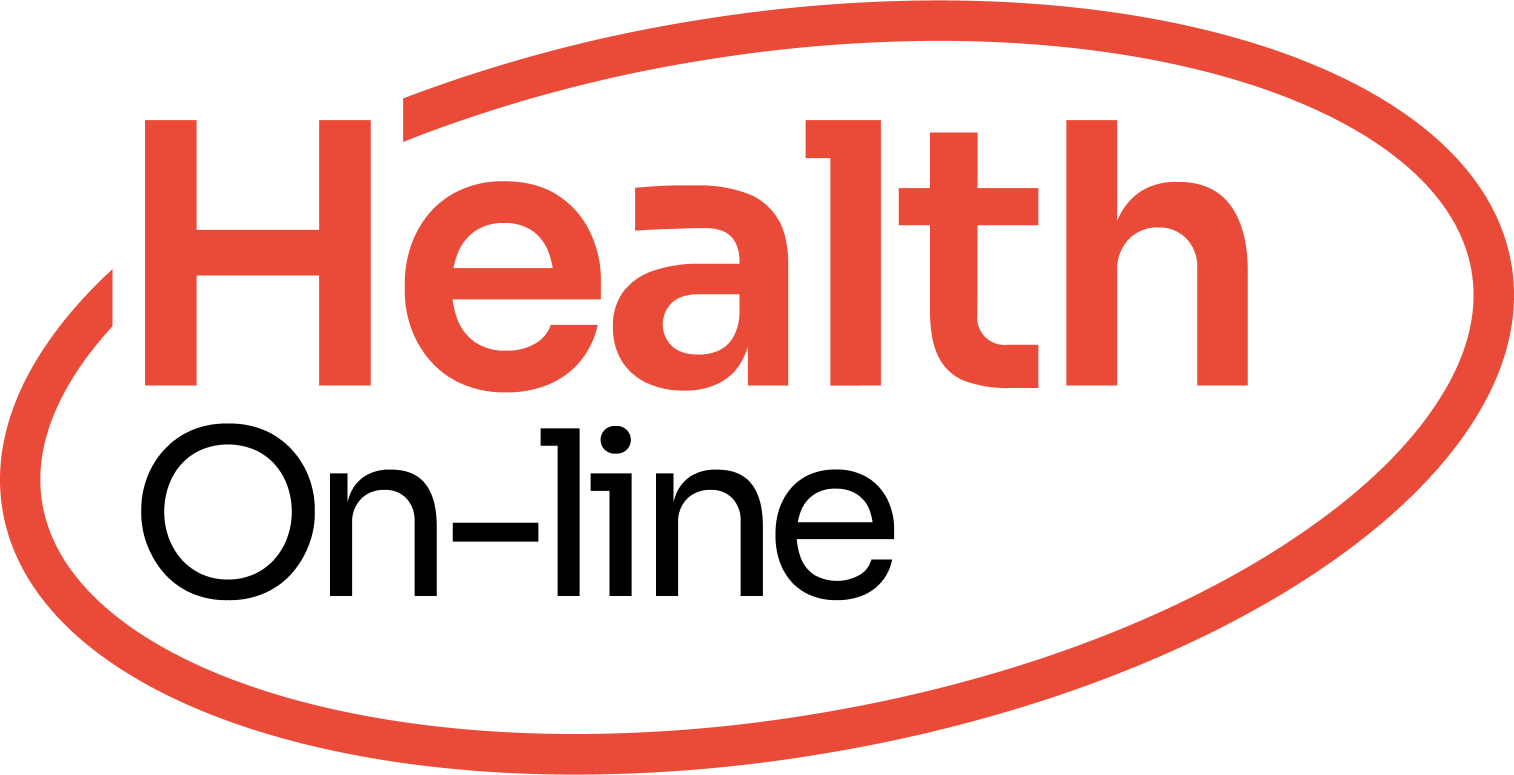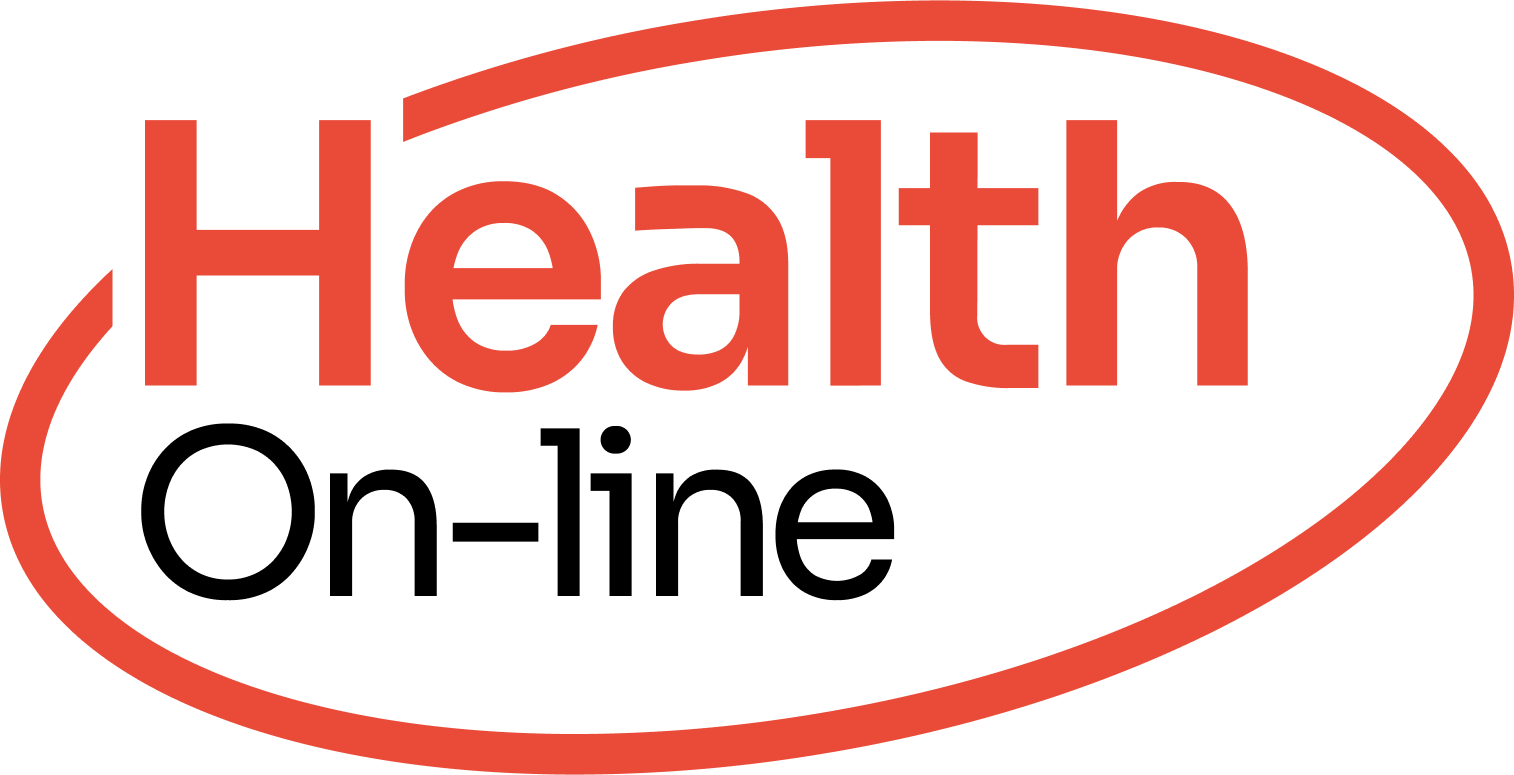

Dytan Health On-line Sdn Bhd

Kuala Lumpur, Malaysia
June 2024
Call centers
Service with Minor Environmental Footprint
Malaysia
Dytan Health On-line is Malaysia’s leading provider of mobile healthcare and telemedicine services, dedicated to profoundly impacting individuals’ lives across the nation. With over 50,000 medical checkups conducted annually, we operate the largest network of over 400 doctors nationwide. Our team includes full-time medical doctors, specialized medical staff, and logistics experts, ensuring seamless coordination for every healthcare need. At Dytan Health On-line, our mission is to empower individuals with informed health decisions. Through telemedicine, we bridge gaps in healthcare accessibility, especially for those unable to visit traditional clinics. This service is crucial for clients securing insurance or home financing and promptly ensuring accurate medical assessments. We’re proud to play a vital role in supporting families and businesses alike.
Overall B Impact Score
Governance 12.8
Governance evaluates a company's overall mission, engagement around its social/environmental impact, ethics, and transparency. This section also evaluates the ability of a company to protect their mission and formally consider stakeholders in decision making through their corporate structure (e.g. benefit corporation) or corporate governing documents.
What is this? A company with an Impact Business Model is intentionally designed to create a specific positive outcome for one of its stakeholders - such as workers, community, environment, or customers.
Workers 33.7
Workers evaluates a company’s contributions to its employees’ financial security, health & safety, wellness, career development, and engagement & satisfaction. In addition, this section recognizes business models designed to benefit workers, such as companies that are at least 40% owned by non-executive employees and those that have workforce development programs to support individuals with barriers to employment.
Community 19.4
Community evaluates a company’s engagement with and impact on the communities in which it operates, hires from, and sources from. Topics include diversity, equity & inclusion, economic impact, civic engagement, charitable giving, and supply chain management. In addition, this section recognizes business models that are designed to address specific community-oriented problems, such as poverty alleviation through fair trade sourcing or distribution via microenterprises, producer cooperative models, locally focused economic development, and formal charitable giving commitments.
Environment 2.9
Environment evaluates a company’s overall environmental management practices as well as its impact on the air, climate, water, land, and biodiversity. This includes the direct impact of a company’s operations and, when applicable its supply chain and distribution channels. This section also recognizes companies with environmentally innovative production processes and those that sell products or services that have a positive environmental impact. Some examples might include products and services that create renewable energy, reduce consumption or waste, conserve land or wildlife, provide less toxic alternatives to the market, or educate people about environmental problems.
Customers 12.7
Customers evaluates a company’s stewardship of its customers through the quality of its products and services, ethical marketing, data privacy and security, and feedback channels. In addition, this section recognizes products or services that are designed to address a particular social problem for or through its customers, such as health or educational products, arts & media products, serving underserved customers/clients, and services that improve the social impact of other businesses or organizations.
What is this? A company with an Impact Business Model is intentionally designed to create a specific positive outcome for one of its stakeholders - such as workers, community, environment, or customers.